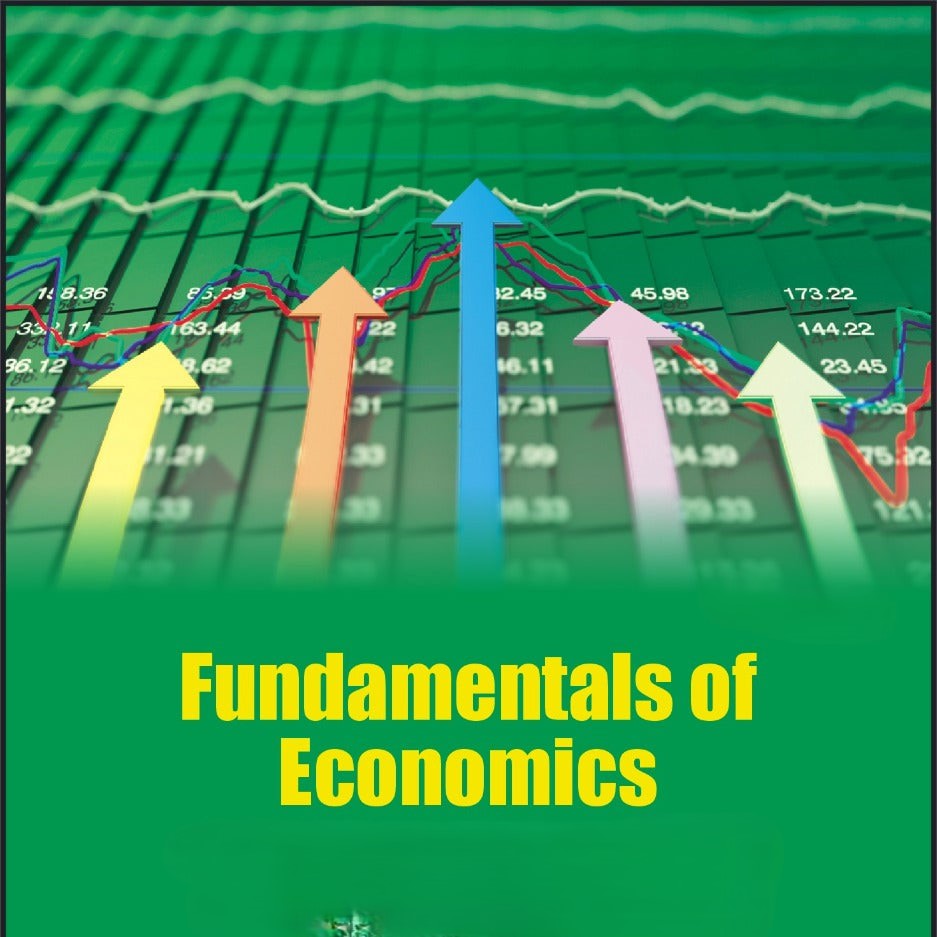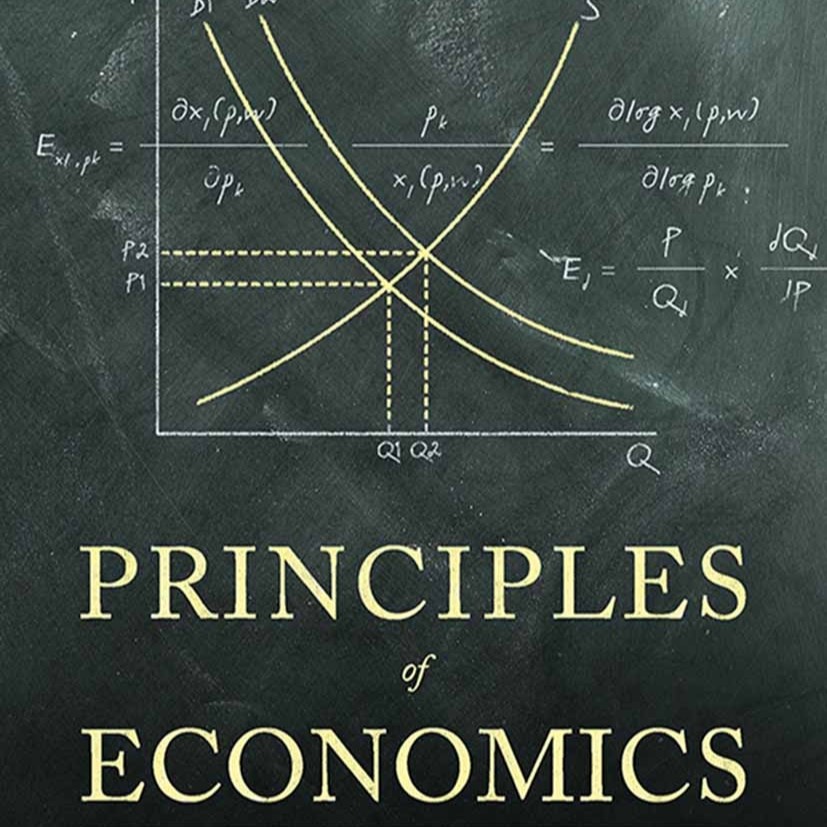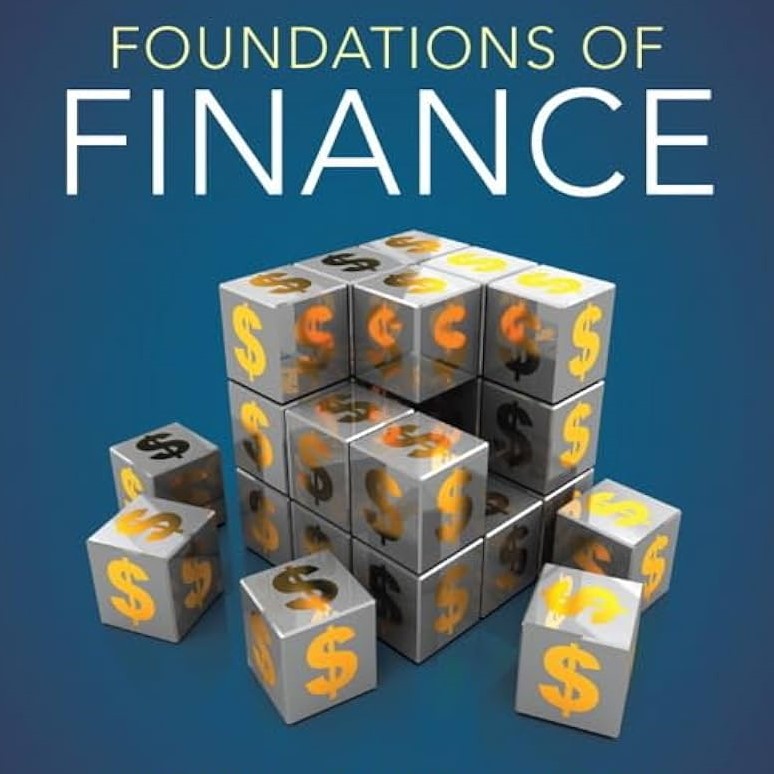Description
The “Fundamentals of Economics” course introduces the principles and concepts underpinning economic theory and practice. It is designed for students new to economics and provides a foundational understanding of how financial systems operate and how economic decisions are made. The course covers both microeconomics and macroeconomics, offering a balanced view of the subject matter.
Key Topics
- Introduction to Economics
- Definition and Scope: Understanding economics, its importance, and how it affects daily life and decision-making.
- Economic Systems: Overview of different financial systems, including capitalism, socialism, and mixed economies.
- Basic Economic Concepts
- Scarcity and Choice: The fundamental economic problem of scarcity and how it leads to the necessity of making choices.
- Opportunity Cost: Forgoing the next best alternative when making decisions.
- Microeconomics
- Supply and Demand: The basic model of how supply and demand determine prices and quantities in a market economy.
- Elasticity: How the responsiveness of demand or supply to changes in price affects market outcomes.
- Consumer Behavior: Analysis of individuals’ choices based on preferences, budget constraints, and utility maximization.
- Production and Costs: Examination of how businesses make production decisions and the costs associated with production.
- Market Structures
- Perfect Competition: Characteristics and outcomes of markets with many buyers and sellers.
- Monopoly: Analysis of single-seller markets and the implications for pricing and output.
- Oligopoly and Monopolistic Competition: Examination of markets with few sellers and markets with differentiated products.
- Macroeconomics
- Economic Growth: Factors that contribute to an economy’s long-term growth and the measurement of financial performance.
- Unemployment: Types of unemployment and the effects on the economy.
- Inflation: Causes and consequences of inflation and its impact on purchasing power and economic stability.
- Fiscal Policy: Government spending and taxation policies and their economic effects.
- Monetary Policy: The role of central banks and monetary policy tools in managing economic stability and growth.
- Global Economics
- International Trade: The benefits and drawbacks of trade between nations, trade policies, and global trade agreements.
- Exchange Rates and Currency: How exchange rates are determined and their impact on international trade and investment.
Learning Objectives
By the end of the course, students should be able to:
- Understand and apply basic economic concepts and principles.
- Analyze how markets function and how different market structures affect economic outcomes.
- Evaluate the effects of economic policies on individuals and the economy as a whole.
- Understand macroeconomic indicators and their implications for economic performance.
- Apply economic reasoning to real-world issues and policy debates.
Teaching Methods
The course typically employs a combination of lectures, readings, discussions, and case studies. Students may engage in problem-solving exercises, group projects, and simulations to deepen their understanding of economic concepts. Assessments often include quizzes, exams, and written assignments that test comprehension and analytical skills.
Recommended Prerequisites
No prior knowledge of economics is required, but a basic understanding of mathematics and algebra can help students grasp economic models and analysis.






Tosin –
“The ‘Fundamentals of Economics’ course was instrumental in expanding my understanding of economic principles and their impact on individuals and businesses. The instructor’s clear explanations, engaging examples, and interactive discussions transformed complex concepts into accessible knowledge. I highly recommend this course to anyone seeking a solid foundation in economics or broadening their financial literacy.”
Nsikak –
“The ‘Fundamentals of Economics’ course offered an exceptional learning experience. The comprehensive curriculum covered a wide range of economic concepts, providing a solid foundation in micro and macroeconomics. The instructor’s expertise and passion for the subject were evident, making the lectures engaging and informative. The interactive exercises and case studies allowed for practical application of the principles, enhancing our understanding. I highly recommend this course to anyone seeking a thorough and practical introduction to economics.”
Obinna –
“This course was an excellent introduction to the principles of economics. The instructor presented the concepts in a clear and engaging way, making complex theories easy to understand. The assignments and discussions fostered critical thinking and allowed us to apply our knowledge. Overall, this course provided a solid foundation in economics and prepared me for further studies or practical applications in my career.”
Lami –
“Fundamentals of Economics has been an incredibly enriching experience. The course provided a comprehensive understanding of economic principles, theories, and their real-world applications. The instructor’s engaging delivery and interactive approach kept me captivated throughout the sessions. The course materials were well-organized and provided valuable insights. I highly recommend this course to anyone seeking to enhance their economic literacy and gain a solid foundation in the subject matter.”
Emem –
“The ‘Fundamentals of Economics’ course was an eye-opening experience for me. It provided a comprehensive foundation in economic principles, empowering me to understand complex market dynamics and economic policies. The well-structured content and engaging examples helped me grasp abstract concepts with ease. The instructor’s expertise and enthusiasm fostered a stimulating learning environment, making the course not only informative but also enjoyable. I highly recommend this course to anyone seeking a solid understanding of economics.”